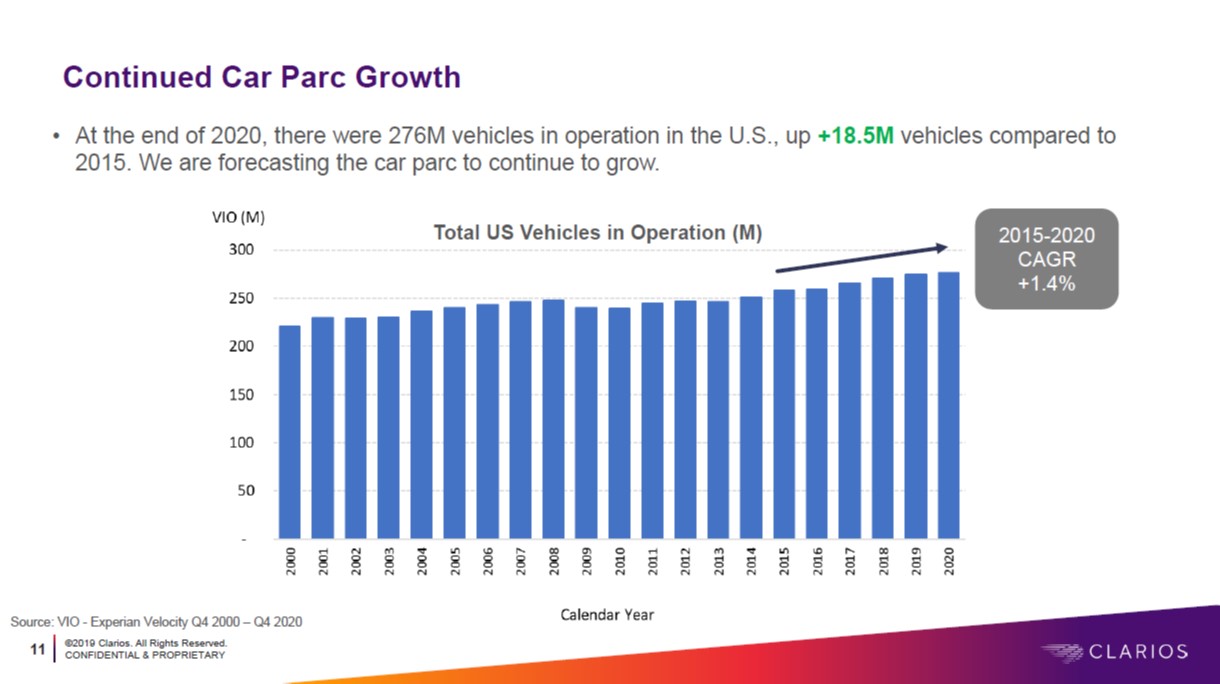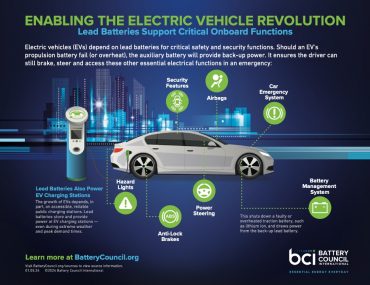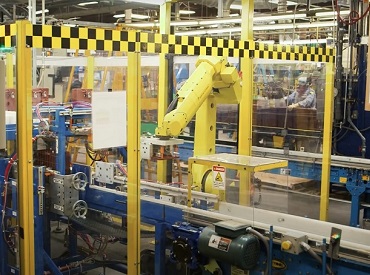
Clarios’ Rebecca Conway Presents at 2021 BCI Convention + Power Mart Expo
In March 2020, the COVID-19 pandemic stopped the world. Or so we thought. While the pace of daily life certainly slowed, reliable lead batteries impressively kept – and continue to keep – the growing transportation industry moving.
Lead battery’s resiliency was a big takeaway from Rebecca Conway’s presentation, “Transportation Market Update,” at the 2021 Battery Council International (BCI) Convention + Power Mart Expo this past September. Conway is senior director of marketing and technical services at Clarios, a global leader in energy storage solutions.
Market Fundaments Influencing the Marketplace
Conway gave many fascinating insights from a high-level contrast of market conditions between June 2020 and June 2021. She said the lead battery industry has shown resiliency, thanks, in part, to transportation trends and changes in consumer dynamics.

Here are the current market fundamentals Conway discussed for what is influencing the lead battery marketplace and shaping its dynamic future.
Growing Car Parc; Increased Vehicle Age
The transportation industry is not only recovering from the initial impact of the pandemic, but COVID-19 motivated consumers to purchase their own vehicles.
“We’re seeing extremely strong demand across all categories, the largest being automotive.” The car parc is signaling this growth. At the end of 2020, there were 276 million vehicles in operation in the U.S., up over 18.5 million vehicles compared to 2015. Plus, consumers are now keeping their cars longer – on average 12.1 years – meaning there are more opportunities for car battery replacements.

Strong Demand in Non-Automotive Segments
Another factor driving lead battery growth is the shift in consumer interests. The pandemic led more people to increase recreational activities that require them to be on the road for longer periods of time. That included taking road trips in recreational vehicles (RVs), boating and other power sports. There was also a surge in some previously overlooked segments, like lawn and garden. Lead batteries will continue to be a go-to resource and play a large role in this trend.
“We won’t expect this same rate of growth [next year], but growth will continue,” Conway added. She shared these statistics:
-
- Retail unit sales of new powerboats were up 24% for the 12 months ending May 2021. (Source: National Marine Manufacturers Association)
- RV wholesale shipments are projected to reach an all-time high in 2021 then continue to trend upward through 2022. (Source: RV Industry Association)
- New-model motorcycle sales among leading brands increased more than 37.2% in the first quarter of 2021. (Source: Motorcycle Industry Council)
OE Production Shifting to Start-Stop, Requiring Advanced Battery Technologies
Conway noted that original equipment (OE) production for cars has shifted to start-stop technology solutions as a way to reduce carbon emissions and meet fuel efficiency requirements in a cost-effective way. Lead batteries are an integral part of start-stop technology and can yield fuel savings ranging from 3%–10%. While hybrid cars have always had this technology, its use in non-hybrid cars and trucks is surging.
Electric Vehicle Adoption
Conway explained that the adoption of electric vehicles (EVs) is slow, when compared to other vehicle types currently in the car parc. EVs are still relatively new to the transportation industry and their adoption will continue to be influenced by vehicle economics and charging infrastructure. EVs are only 0.4% of the current car parc, 2.4% if hybrid vehicles are included. However, EVs rely on lead batteries and will continue to rely on them as the EV revolution grows.
Essential Lead Batteries Will Power Sustainability and Consumer Interests
Despite the pandemic’s stubbornness in some areas, the transportation industry will flourish, Conway predicted. So, too, will lead batteries.
“With vehicle standards looking to become more sustainable and consumers’ interests shifting so that they are on the road more, lead batteries will continue to be a go-to resource and play a large part in keeping up with current industry trends.”






